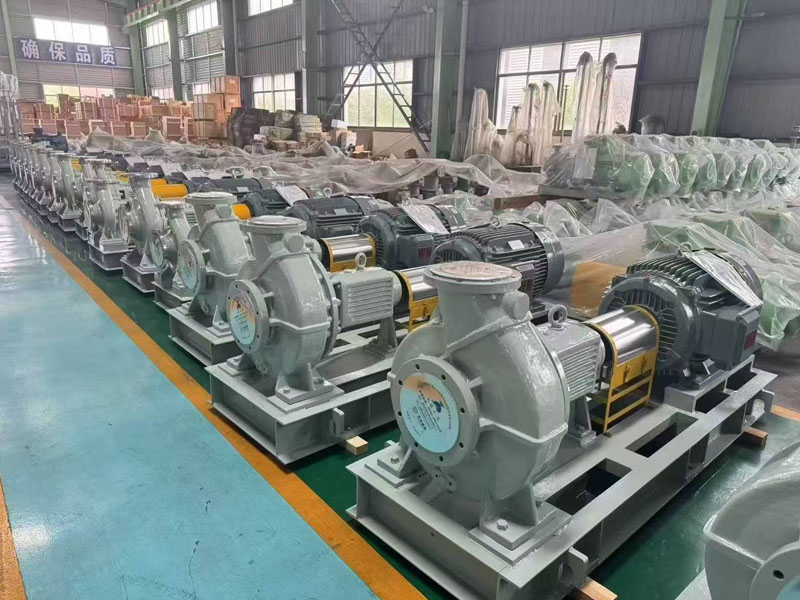Key Differences Between Magnetic Drive Pumps, Centrifugal Pumps, Process Pumps, and Axial Flow Pumps
Anhui Shengshi Datang possesses mature design technology and manufacturing capabilities, providing customers with professional technical support and services to create high-performance, reliable equipment of exceptional quality.

When selecting industrial pumps for fluid transfer applications, understanding the differences between magnetic drive pumps, centrifugal pumps, chemical process pumps, and axial flow pumps is crucial. Magnetic drive pumps use non-contact magnetic coupling to eliminate leaks completely, making them ideal for hazardous, toxic, or corrosive fluids—though they have slightly lower efficiency. Centrifugal pumps are simple, reliable, and cost-effective, best suited for medium-to-high flow rates with low-to-medium head pressure in water supply and HVAC systems. Chemical process pumps are engineered for harsh environments, featuring corrosion-resistant materials to handle acids, alkalis, and high-temperature fluids with superior sealing. Axial flow pumps specialize in high-volume, low-pressure applications like flood control, irrigation, and cooling water circulation.

For optimal performance, consider fluid properties, flow requirements, and sealing needs: choose magnetic pumps for leak-proof operation, centrifugal pumps for general water transfer, process pumps for aggressive chemicals, and axial pumps for large-scale liquid movement. This guide helps ensure safe, efficient, and cost-effective pump selection.